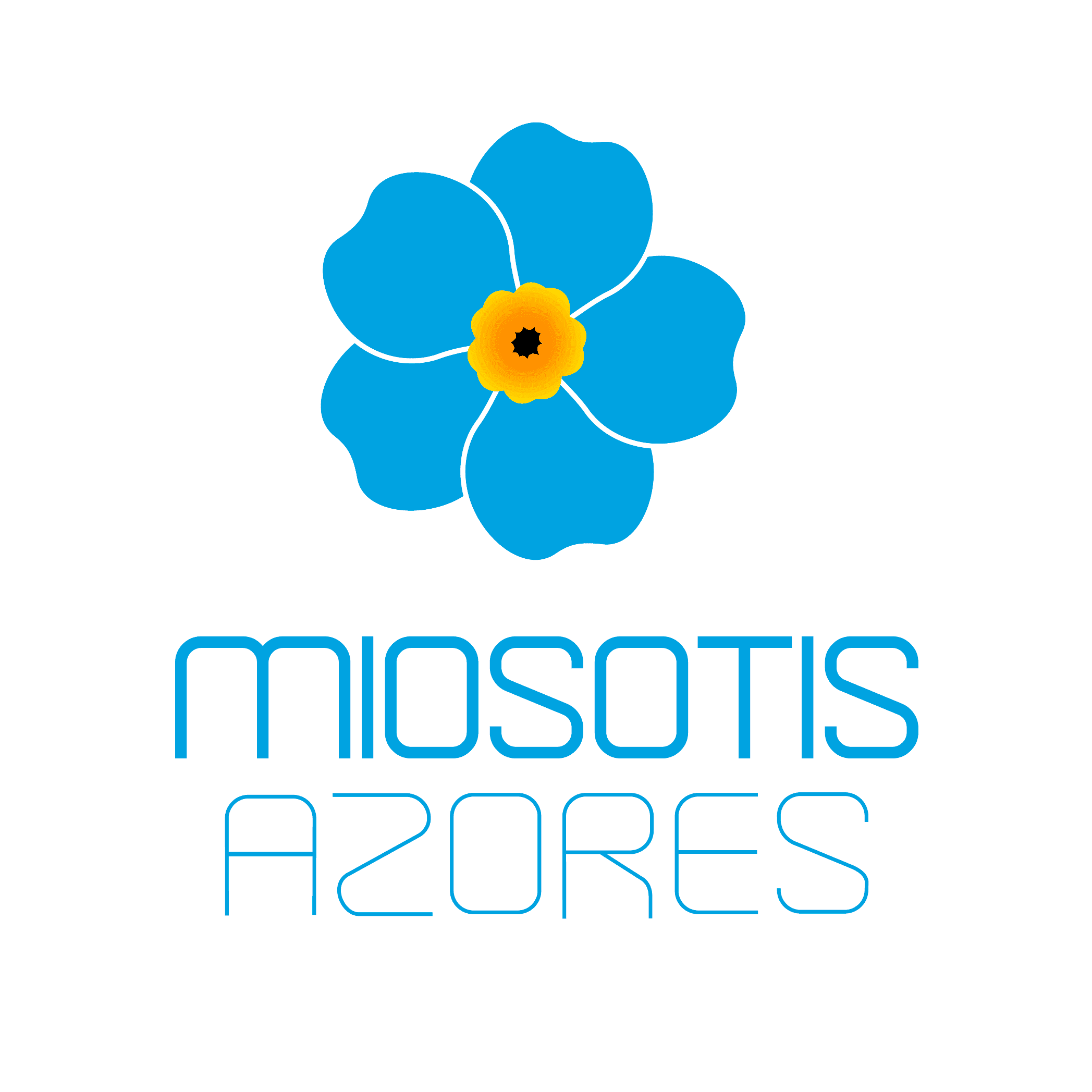The Global Sustainable Tourism Council® (GSTC®) is pleased to announce that the Miosotis Azores Standard has gained GSTC-Recognized status, meaning it has been fully recognized as equivalent to the GSTC Industry Criteria.
The Miosotis Azores Standard aims to promote the preservation and economic enhancement of cultural and natural heritage, based on the balance between the environmental, cultural, social, and economic dimensions. As well as strengthen social and territorial cohesion with a clear commitment to sustainable development.
The GSTC-Recognized status refers to the standard itself, indicating that a sustainable tourism standard or system has been reviewed by GSTC technical experts and the GSTC Assurance Panel and deemed the content of the standard or system equivalent to the GSTC Criteria for sustainable tourism. It shows that the set of standards is based on the four pillars of the GSTC Criteria: Sustainable Management, Socioeconomic, Cultural, and Environmental principles.
GSTC Recognition of Standards does not relate to the process of certification (which is a third-party assessment, through an audit, of a tourism enterprise for conformity to a standard). GSTC Recognition of Standards does not relate to accreditation ( formal verification that a certification body operates in a competent and neutral manner according to international standards of how to properly certify, which is the highest level of assurance).
The stated scope of the standard is for accommodations and tour operators and coverage is the Autonomous Region of the Azores. The GSTC Recognition is valid until either the standard or the GSTC Industry Criteria are changed.
“The recognition attributed to Miosótis Azores follows a technical restructuring of the program, by the Regional Secretariat for the Environment and Climate Change and by the Regional Secretariat for Tourism, Mobility and Infrastructure, in order to adapt it to a GSTC-Recognize Standard, in harmony with the sustainable tourism strategy outlined for the Region and in order to align the sustainability standards of the entities that operate in the tourism sector in the Azores. This new version of the regulations is based on the four pillars of the GSTC Criteria. As part of this evolution of Miosótis Azores, the official platform will also be launched, functioning as an evaluation and performance system,” according to both Secretaries.
“The integration of the Four Pillars of the GSTC Criteria into the heart of the Miosotis Azores Standard signifies its commitment to a broad-based, global strategy,” claims Randy Durband, CEO of GSTC.
Currently, 15 destination standards, 21 tour operator standards, 42 hotel standards, and 5 systems have achieved GSTC-Recognized status. The status offers the market proof that these standards adhere to international norms. GSTC Recognition does not ensure that a certification process is reliable, only that the set of standards used to certify are equivalent to the GSTC Criteria. GSTC-Recognized standard owners are encouraged to follow and complete the accreditation process, which assures that the certification process used to apply the standard meets international best practices, transparency, and rigor. A list of GSTC-Accredited certification bodies is available here.
About the GSTC
The Global Sustainable Tourism Council® (GSTC®) establishes and manages global sustainable standards, known as the GSTC Criteria. There are two sets: Destination Criteria for public policy-makers and destination managers, and Industry Criteria for hotels and tour operators. These are the guiding principles and minimum requirements that any tourism business or destination should aspire to reach in order to protect and sustain the world’s natural and cultural resources, while ensuring tourism meets its potential as a tool for conservation and poverty alleviation.
The GSTC Criteria form the foundation for Accreditation of Certification Bodies that certify hotels/accommodations, tour operators, and destinations as having sustainable policies and practices in place. GSTC does not directly certify any products or services; but it accredits those that do. The GSTC is an independent and neutral USA-registered 501(c)3 non-profit organization that represents a diverse and global membership, including national and provincial governments, leading travel companies, hotels, tour operators, NGO’s, individuals and communities – all striving to achieve best practices in sustainable tourism.
Information for media and the press: https://www.gstcouncil.org/about/for-the-press/
About Azores DMO
The Azores Destination Sustainability Management Structure (Azores DMO), is the entity responsible for managing the sustainability of the destination in the dependency of the Regional Secretariat with competence in matters of tourism.
The Azores DMO is thus the structure mandated to plan, organize, implement, manage and supervise the certification of the Azores as a Sustainable Tourist Destination, as well as to monitor the implementation of the strategy for the tourism sector in the Azores.
The Azores DMO initiatives are coordinated with the community, members of the private and the public sector, whether municipal or from various departments of the Regional Government, as well as with Associations and Non-Governmental Organizations (NGOs).
More information here: https://sustainable.azores.gov.pt/en/
Sustainability of the Azores Destination 2019-2030 Action Plan can be found here.





